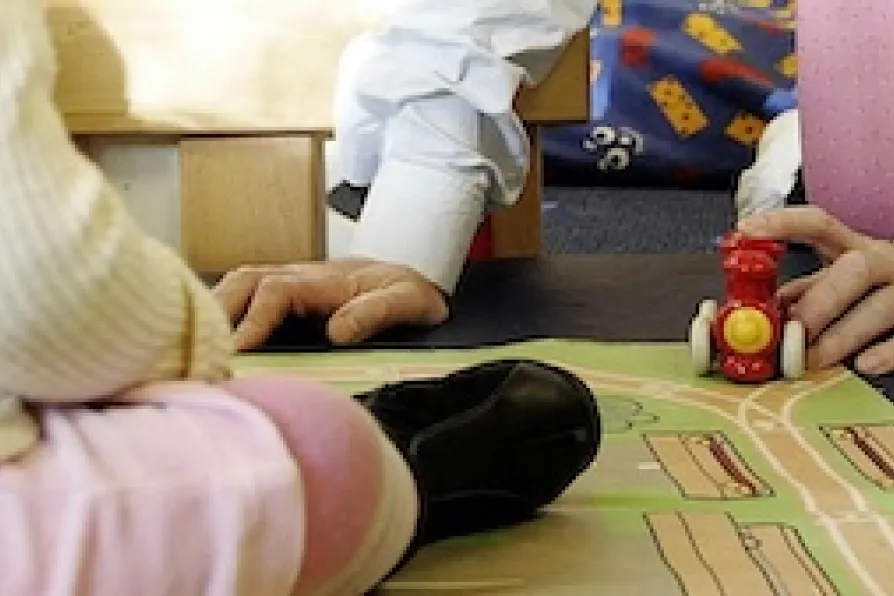

BRIDGET PHILLIPSON’S naivety about the ability of discredited regulators to control profiteering could undermine Labour’s entire childcare policy.
Her faith in a model the whole country, bar a self-interested elite, can see has failed utterly — of quango-policed profiteers delivering essential services — is characteristic of Labour’s inability to think beyond zombie neoliberalism.
Labour is ambitious on childcare. Its offer of 30 hours’ free childcare a week to working parents will make a difference to millions.
Yet challenged (in a shrewd question put by the i newspaper) as to how she would prevent profiteering by the big chains starting to buy up nurseries, Phillipson says Ofsted will be able to investigate wrongdoing and issue fines.
Ofsted is a discredited regulator in its primary field of school inspections: it is not trusted by education professionals and its inspections are a blunt instrument maximising stress on pupils and teachers alike.
Phillipson wants to expand its remit to supervise “excess” profiteering in pre-school care, underlining the point that unlike schooling it is not seen as a public service as traditionally conceived. It is more like the care-voucher notion floated by Nigel Farage for the NHS, in which the government funnels money via parents to for-profit providers.
This will make “investment” in nurseries even more attractive to private equity firms, whose growing stake in the sector already rings alarm bells.
A University College London study this summer found the share of nursery places at private equity-backed nurseries more than doubled between 2018 and 2024.
It warned their growth risked creating childcare “deserts,” as they concentrate on wealthier and therefore more profitable areas (a familiar legacy of privatisation from buses to dentistry). Parents whose children attend nurseries bought up by private equity report worsening service and higher prices (another legacy of privatisation from water to care homes).
Nurseries controlled by larger chains will be under pressure to maximise profits for shareholders.
That will involve cutting staff costs where possible. Nurseries are also able to charge top-up fees for “extras” like food, nappies and trips: the logic of private profit will be to take a cut on them all, appropriating the newly available public money while ensuring parents keep paying as much on top as they can extract.
Where private equity invests, costs go up. A scandalous example that has made headlines is the soaring cost of veterinary care for pets (up 63 per cent between 2016 and 2023, a rise parallel with a steep decline in the number of independent vet-owned businesses and a rise in big chains).
Pets might be considered a luxury (though we should not tolerate the decline in quality of life that the rising cost of extras from pets to sports matches to holidays imposes). Childcare is not, if women are to work on an equal basis with men and given a single wage is no longer typically enough to raise a family on.
To address the childcare crisis without creating another massive public subsidy of private profits, we must recognise that the cost-of-living crisis is a cost-of-profiteering crisis: prices are being gouged and ordinary people are being fleeced both as consumers and taxpayers.
We must distinguish between productive investment and “investment” that consists of buying up existing services and bleeding them dry.
Labour remains obsessed with attracting the latter — Chancellor Rachel Reeves boasted of her determination to cut regulation of private equity investment at the British Private Equity & Venture Capital Association summit in September.
In any case regulators — like politicians — are not only easily captured by the industries they supervise but can no more make a transnational firm act in the public interest than turn water into wine.
We need a taxation and regulatory framework that discourages predatory buyouts. Above all, we need a return to direct state and municipal provision of services — including nurseries.

MICK MCSHANE is roused by a band whose socialism laces every line of every song with commitment and raw passion












